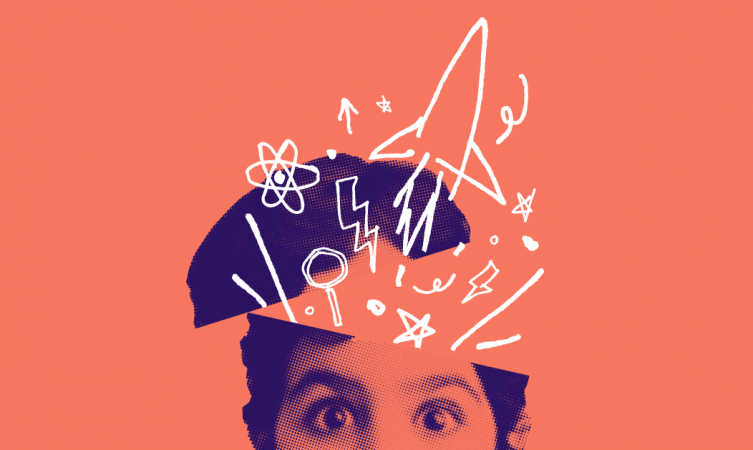Science Communications Resources
Researchers in the Faculty of Science carry out incredible work each and every day, and only through clear and impactful communication of our scientific efforts will we relay its relevance to society.
Science communications acknowledges and conveys the importance of science and technology in our society, allowing knowledge and discoveries that are critical to humanity to resonate and percolate into policy change and societal evolution.
Carleton researchers and communicators are welcome to use this page as a portal for conducting and strengthening their science communications efforts.
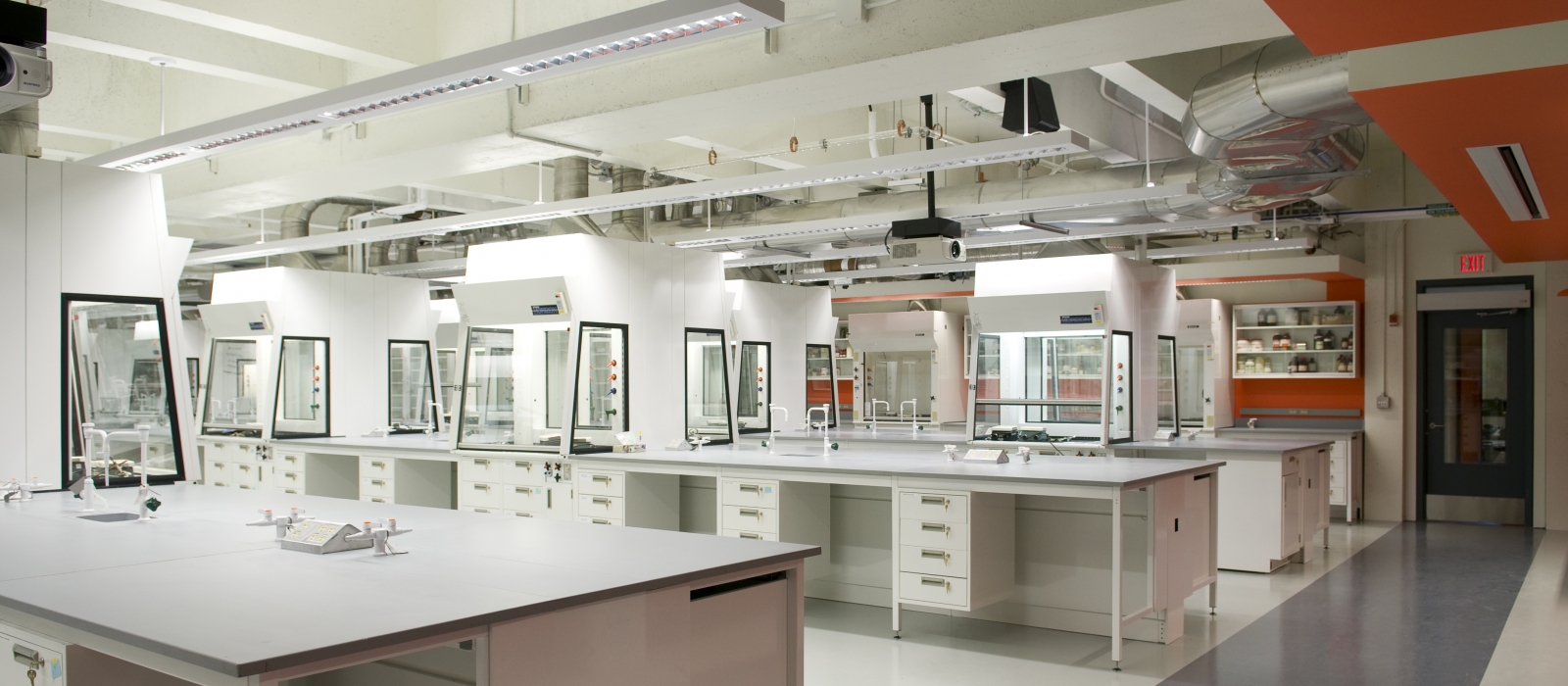
Communicating Science to the Public
Science Events Open to the Public
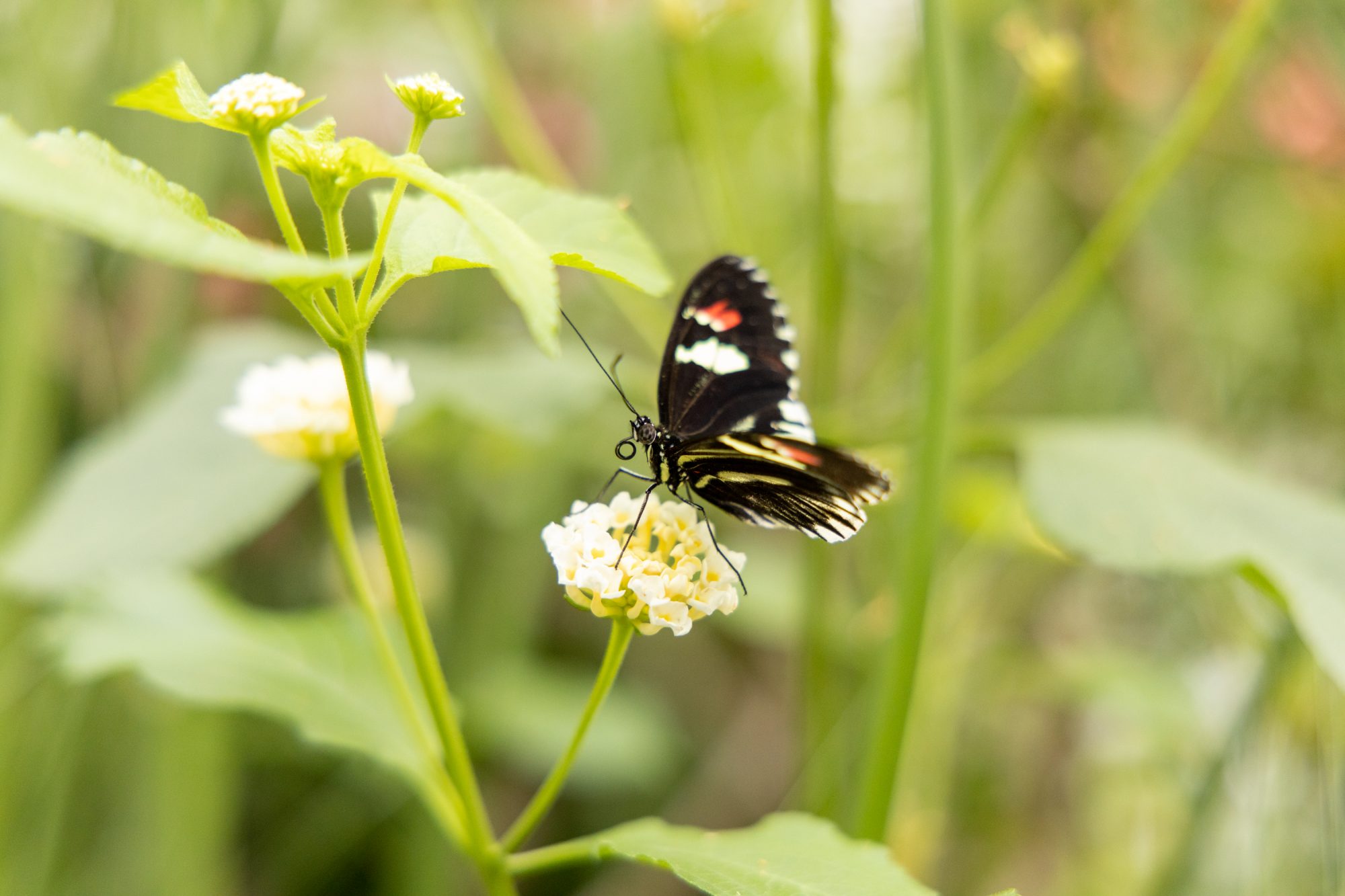
The Faculty of Science is committed to fostering our connection to the community beyond Carleton and to increasing the awareness and appreciation of science in society.
We are proud to share our contributions with the local community and to contribute to the public understanding of science through our annual Herzberg and Discovery lectures, Fields-Carleton Distinguished Lecture, Chemistry Magic Shows, Biology Butterfly Show, Data Day, Life Sciences Day, Geoheritage Day, and our Science Café and Life Sciences Coffee and Conversation series, all of which are free and open to the public.
Eureka! Magazine
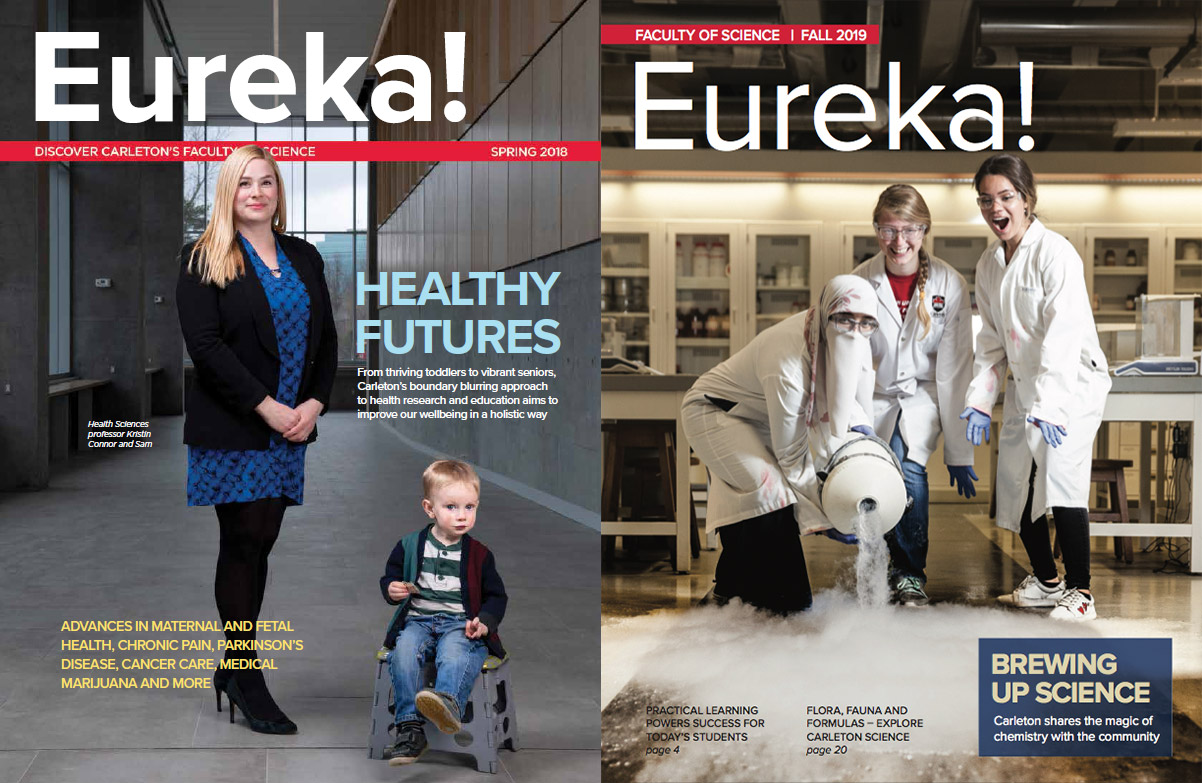
Eureka! is published for the alumni, faculty, staff, friends and partners of the Faculty of Science. Its aims are to communicate the Faculty’s strategic goals, its activities and achievements, to connect Science alumni, partners, and community members with each other and with the Faculty and the University.
Explore Science@Carleton Newsletter
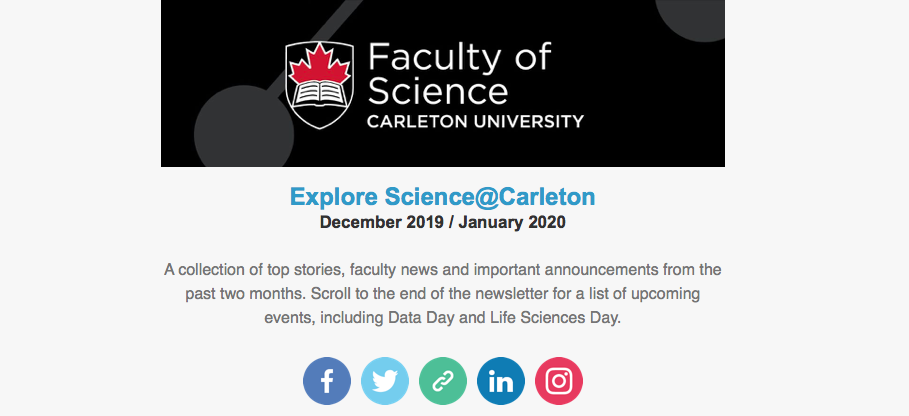
Stay connected to the Faculty of Science by subscribing to our monthly e-newsletter.
Explore Science@Carleton will keep you up to date on the latest in faculty and student news, research achievements and awards, as well as upcoming free public events.
Social Media Platforms
Stay on top of up-to-date news and media appearances by faculty and graduate students on important research in the natural sciences, computer science, and mathematics and statistics with Carleton University’s Faculty of Science social media accounts.
We invite you to explore science at Carleton and join us on our journey of discovery by following the social media accounts listed below:
- Twitter: @CarletonScience
- Facebook: @CarletonScience
- Instagram: @CarletonScience
- LinkedIn: Faculty of Science at Carleton University
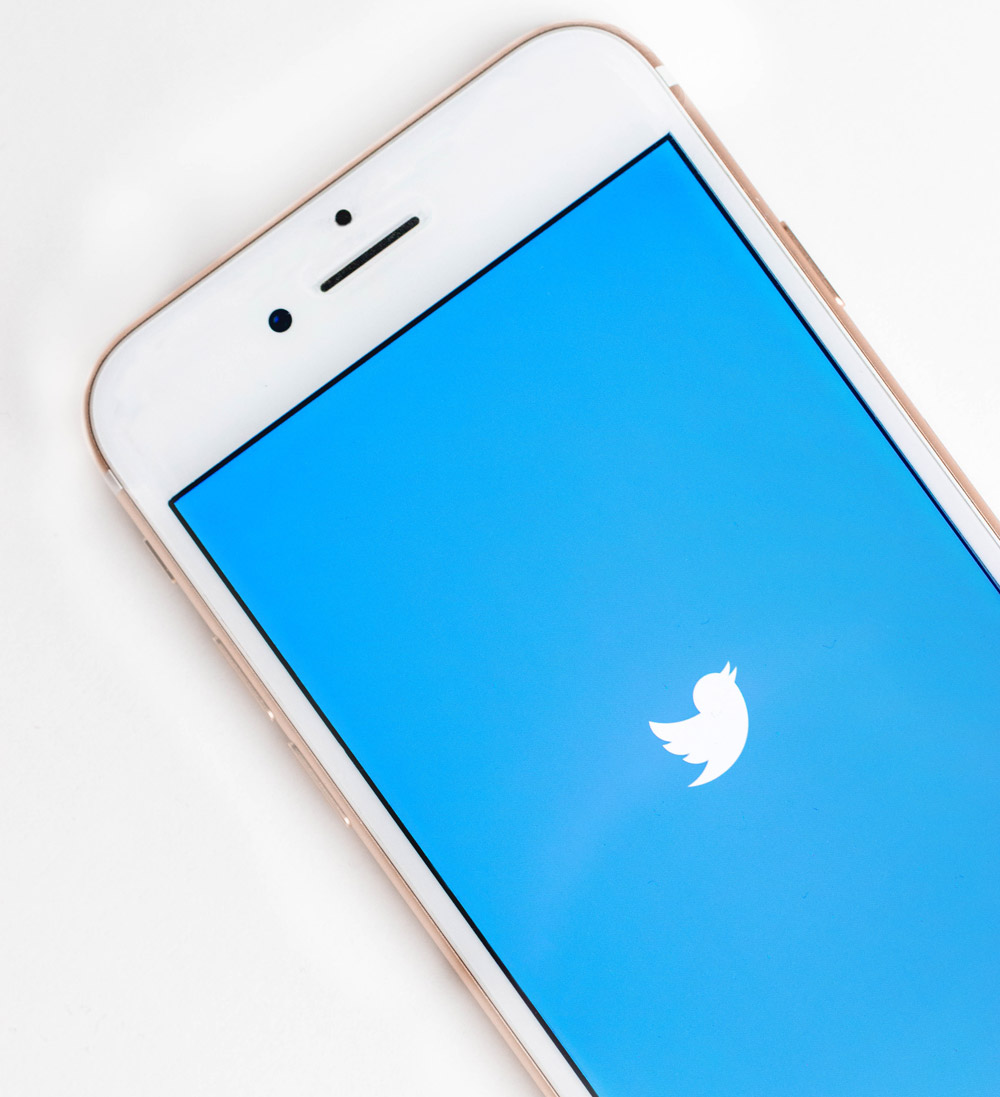
Audio and Video
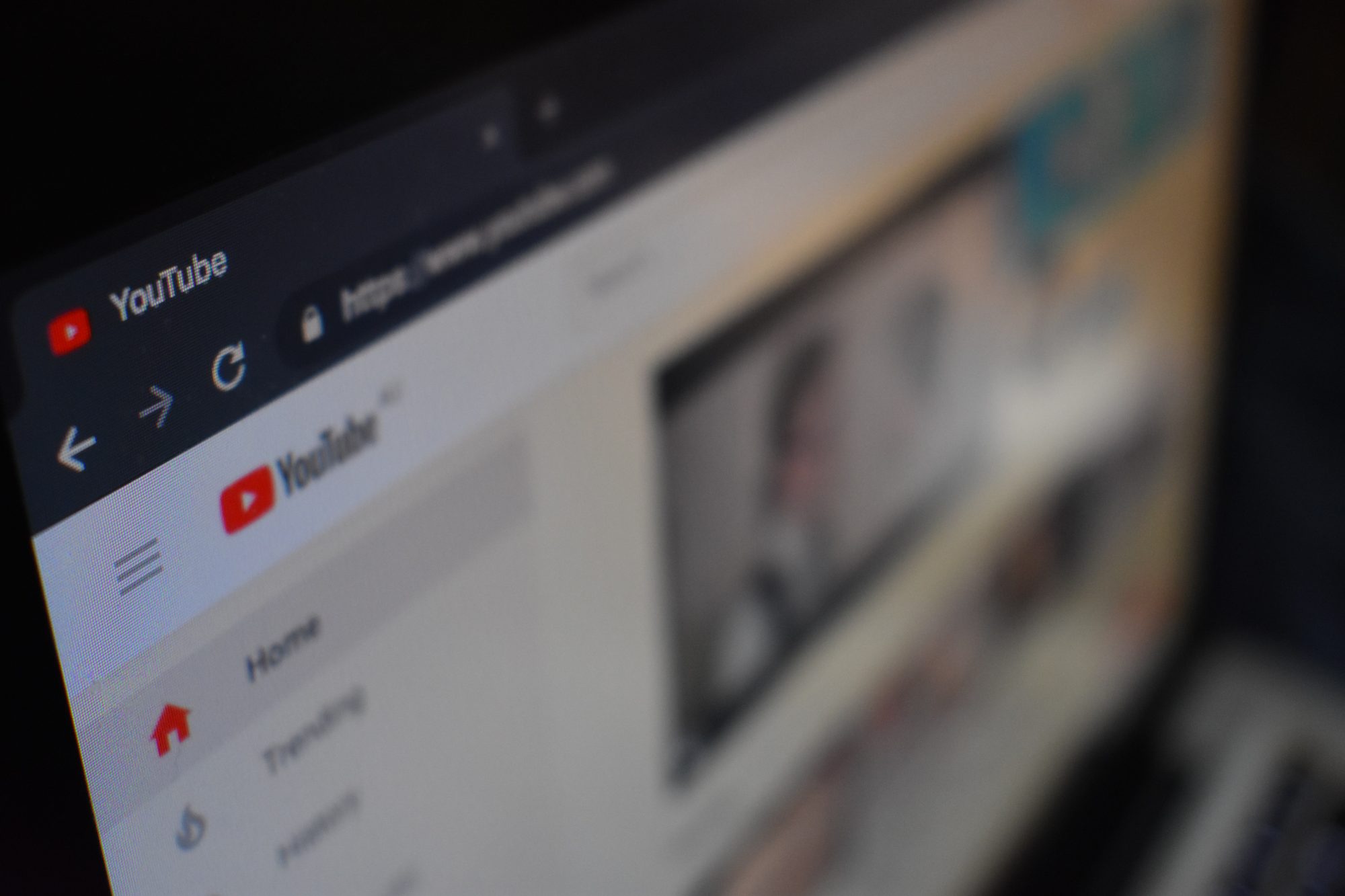
The Faculty of Science and Carleton University’s Department of University Communications produce and distribute video to help relay important scientific ideas and research.
To watch, visit the Carleton Science YouTube channel and Carleton University’s official YouTube page.
Minding the Brain is an award-winning monthly podcast hosted by Neuroscience Prof. Kim Hellemans and Cognitive and Computer Science Prof. Jim Davies, who are well known for their innovative and enthusiastic approach to teaching.
The podcast, which started in January 2018, has focused on such topics as trauma, pet therapy and morning people versus night people. Listeners can find the podcast on iTunes, Spotify, Google Play or their favourite podcatcher.
Learning in Retirement

The Learning in Retirement program at Carleton University provides affordable opportunities to learn for personal satisfaction. Adults of all ages are welcome to participate in a community of life-long learners who enjoy acquiring knowledge about new topics, discussing issues of common interests, and sharing life-stories. Past Science programming has included Physics Around Us and Space: The Canadian Frontier.
Local and National Science Communications Initiatives
The Faculty of Science is engaged in a number of local, regional and national science communications initiatives. Some examples are listed below.
Brain Awareness Week
Each year, Carleton University neuroscience students and the Society for Neuroscience (SfN) Ottawa chapter host multi-day Brain Awareness Week activities. During March break, elementary and secondary students can have fun learning with Backyard Brains kits, get the opportunity to control a robotic claw with signals sent from their brain, see their brainwaves onscreen and view electrical signals that are sent to muscles on a computer.
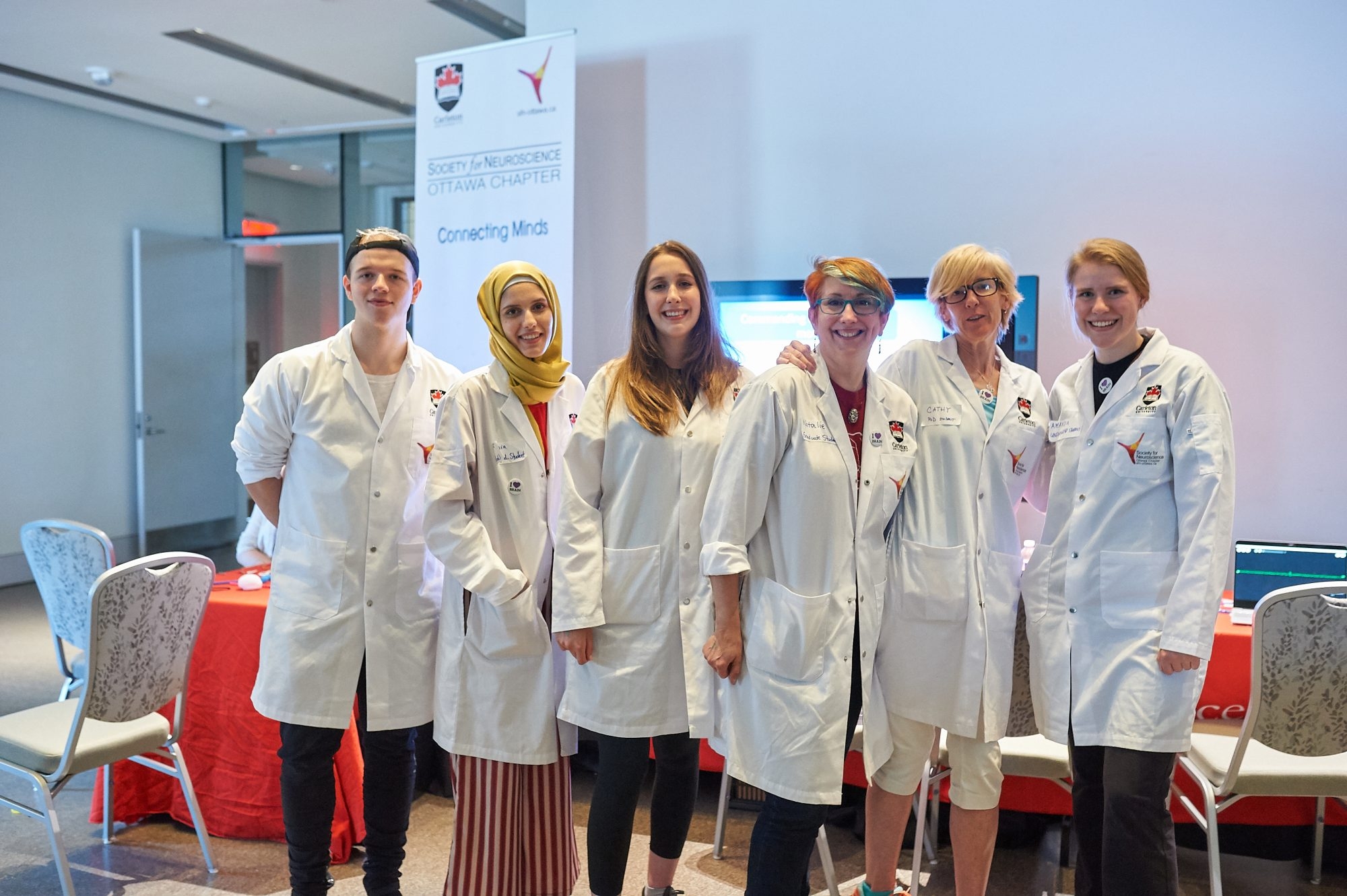
Curiosity on Stage
Researchers in the Faculty of Science present frequently during Curiosity on Stage, a speakers’ series hosted by Ingenium that brings the public face-to-face with researchers and innovators so they can learn directly from people working in the science and technology-related fields.
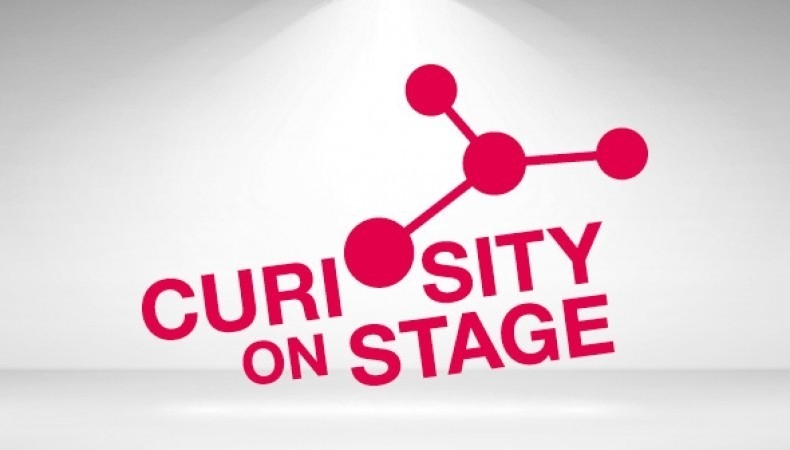
Science Rendezvous
Science Rendezvous is an annual festival that takes science out of the lab and onto the street! Canada’s top research institutes present a coast-to-coast open house and festival that is free for everyone. With over 300 events across 30 cities and 1,000s of mind-blowing activities, Science Rendezvous is Canada’s largest celebration of the amazing feats of science and engineering happening right here at home.

Science Communications Resources Available to Researchers
Traditional Media and Social Media Training
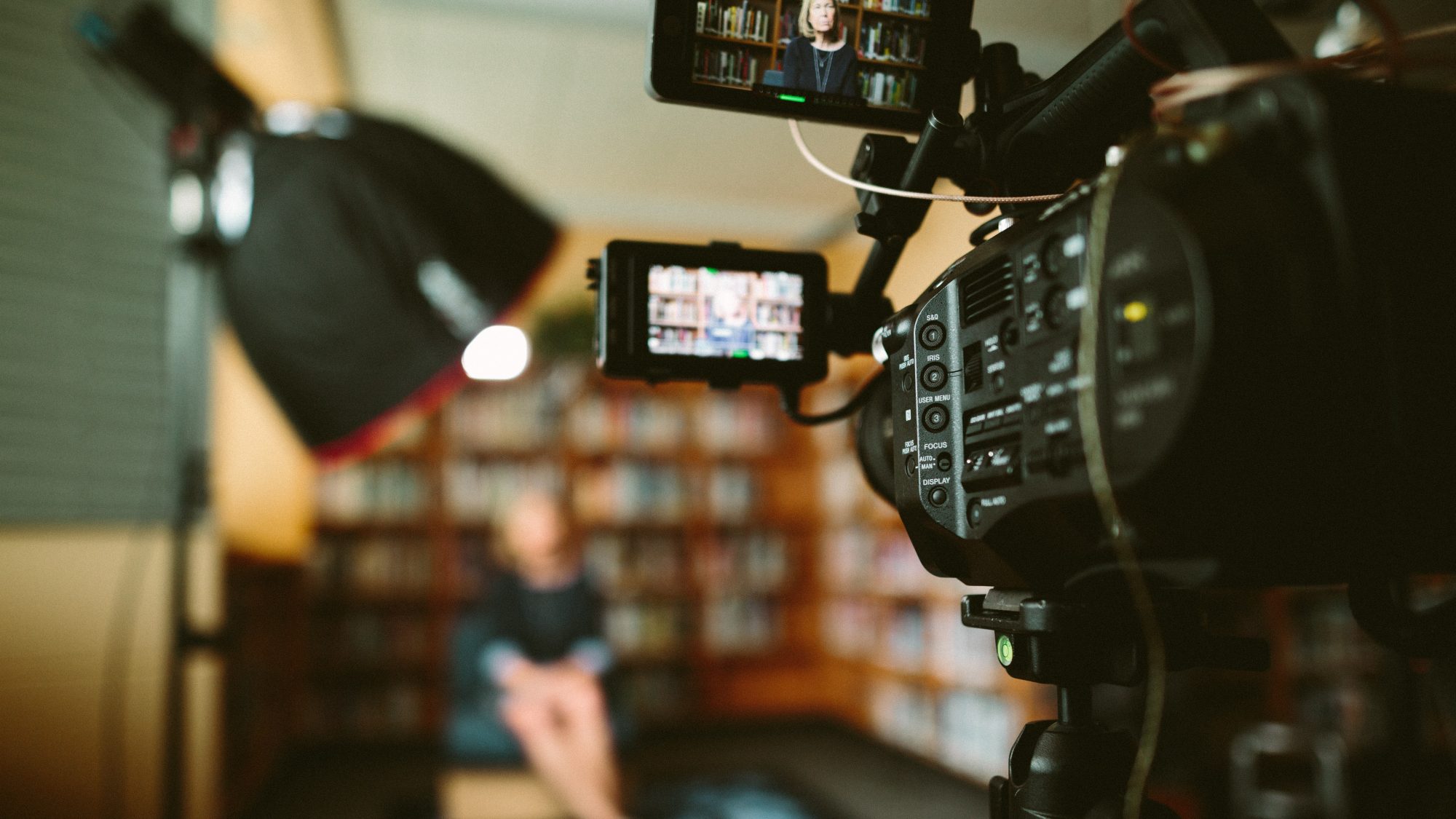
The Department of University Communications invites faculty members, instructors and graduate students to its monthly media training sessions.
The first half of this three-hour session offers tips on dealing with journalists from all mediums, some specific TV preparation techniques, and using social media to elevate your profile.
The second half consists of individual mock TV interviews with feedback to give you an idea of your strengths and areas to improve.
Sessions are advertised monthly via faculty-staff email and Carleton’s Top 5. Customized sessions for small groups or classes are available by request.
For more information, contact Beth Gorham, Manager of Public Affairs, at ext. 2234
Media Relations and Editorial Support

Working with the Faculty of Science, the Department of University Communications supports researchers in reaching their communications goals. They are available to assist in a variety of ways to help researchers both connect with the media and tell their stories. These include the following:
- Development and distribution of targeted media pitches
- Production of media advisories and news releases
- Production of stories for the Carleton Newsroom, Carleton.ca and Raven Magazine
- Development and implementation of communications plans
- Fielding media enquiries
Looking to get the word out to the media or tell a story about your research or initiative? Contact Beth Gorham at ext. 2234 and Chris Cline at ext. 2264.
You can also submit a story idea by filling out this form, or request a media advisory using this form.
Experts List

Are you interested in speaking to media about your research and expertise?
Let the Department of University Communications know by joining our internal experts database. When our media relations staff receive a request for an expert, they will reach out to you.
The department also uses this internal list to compile regular Experts Available mailouts that are sent to local, national and international media concerning breaking news and topics of current interest.
Click here to sign up for the internal experts database.
The Conversation

Carleton University is a member of this unique digital journalism platform that launched in June 2017 to boost visibility of Canada’s academic faculty and researchers. Interested in writing a piece? Please contact Steven Reid or sign up to become an author.
The Conversation is currently looking for articles on topics related to the arts, science, energy and the environment, business and economy, politics, health and medicine and education. To see the most recent topics click here.
Video and Audio Production Resources
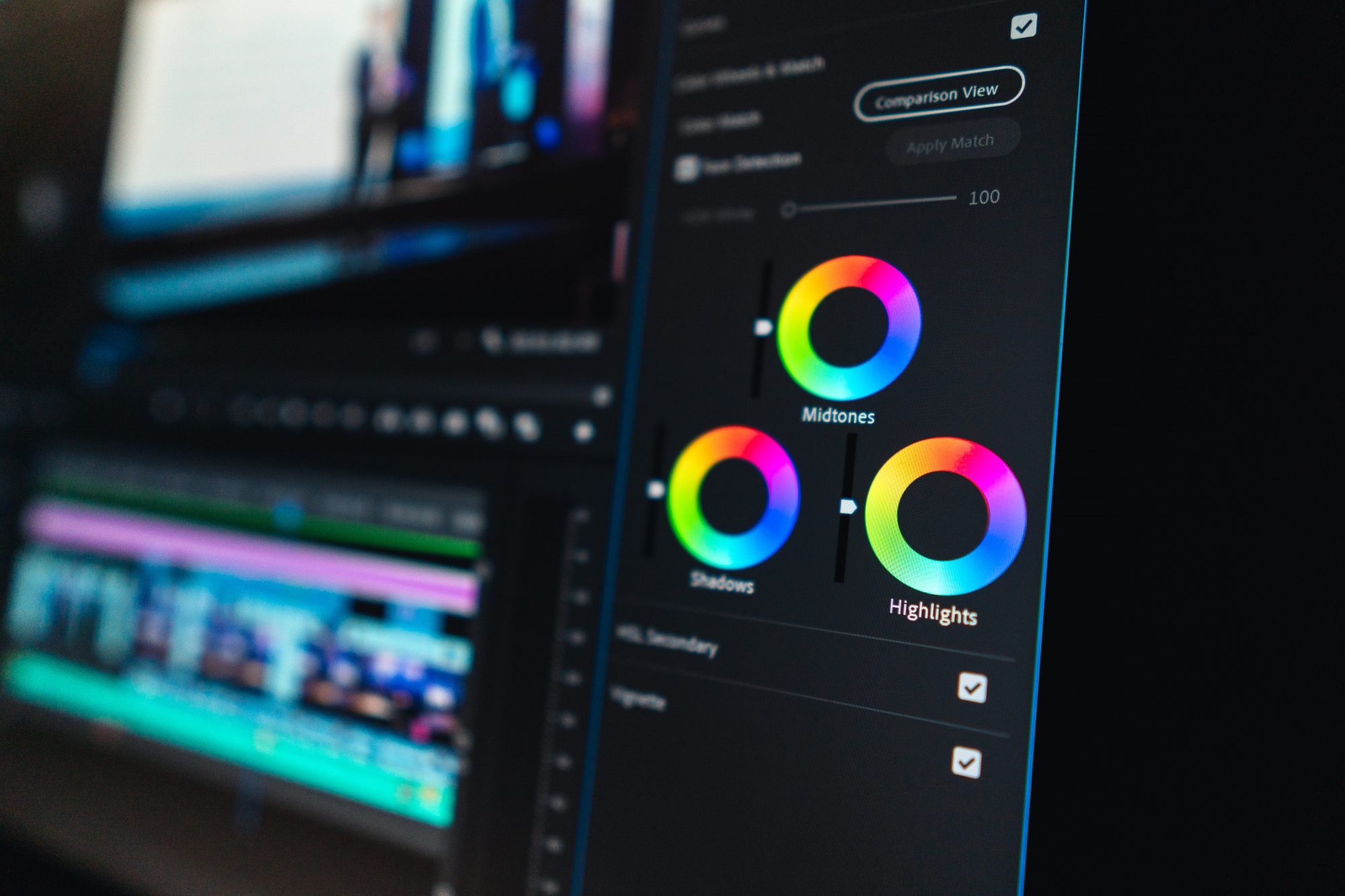
The video production professionals at the Media Production Centre (MPC) are here to support the Carleton community in creating outstanding educational and promotional videos.
The MPC also offers a variety of other services, including:
- Professional level camera with operator for event recording
- Professional video editing in high-definition
- Media conversion
- Compression for online videos
Check out some of their past work in the Media Production Centre Video Gallery.
Looking to learn video production techniques to share your research via video? See the MPC’s byte sized Final Cut Pro X video tutorials.
The MPC also offers audio and video editing booths in its Media Commons on the sixth floor of Southam Hall. These sound dampened booths include access to iMacs and USB microphones, making them suitable for podcast production of other audio and video work.
Science Communications Resources Available to Students
Many of the supports available to faculty members are also available to students, including monthly media training sessions, media relations, story generation and social media support.
Are you a Science student who is looking to get the word out to the media or tell a story about your research or initiative? Contact Chris Cline at ext. 2264.
Student Vlogs
The Faculty of Science has access to a GoPro for use by students in the field or on overseas trips who hope to produce student vlogs. Students can use our equipment to shoot the video, and the Faculty of Science will work with a video editor to edit and finalize it.
Are you a student who is looking to produce a student vlog? Contact Kathryn Elliott at kathryn.elliott@carleton.ca
Faculty of Science Research Day
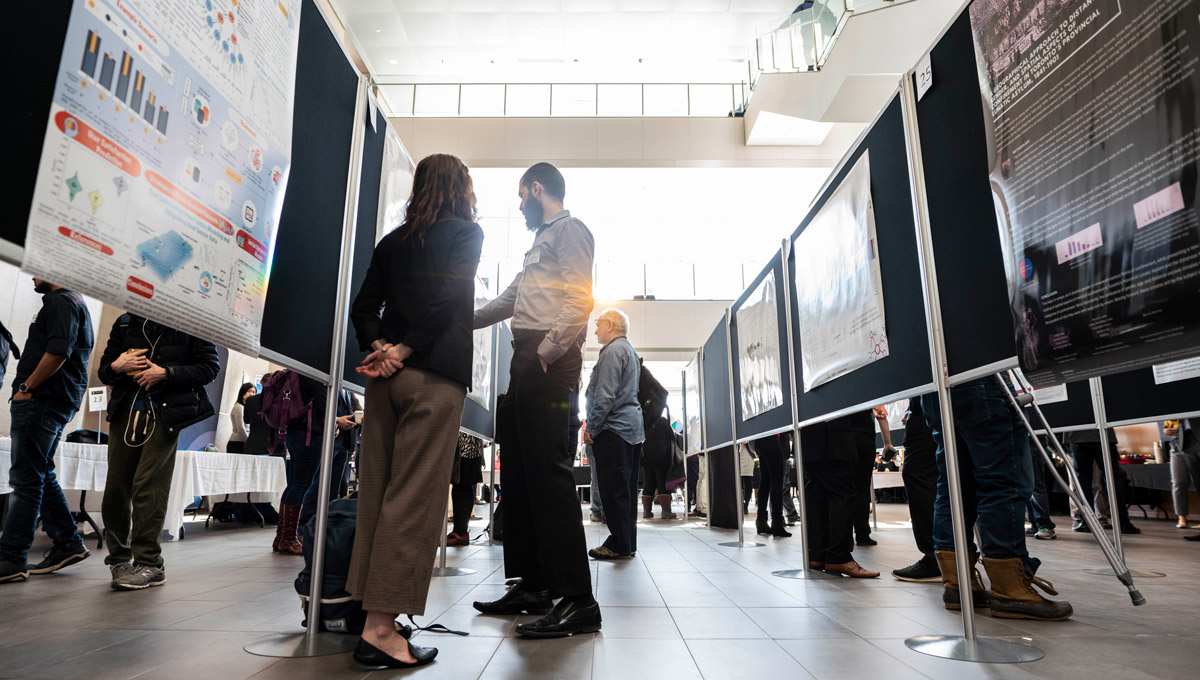
At Carleton we recognize that research done by our undergraduates is vitally important to Carleton’s success as a research-intensive institution. Undergraduate students have the opportunity to present during the annual Faculty of Science Research Day, honing their science communications skills and giving them valuable experience to take into their careers.
Many of the projects presented contribute data and ideas to scientific publications and/or presentations at conferences in Canada and around the world. The event features poster presentations prepared by students in the departments and institutes of Biology, Biochemistry, Chemistry, Computer Science, Food Science, Earth Sciences, Environmental Science, Health Science, Integrated Sciences and Neuroscience.
Carleton 3MT
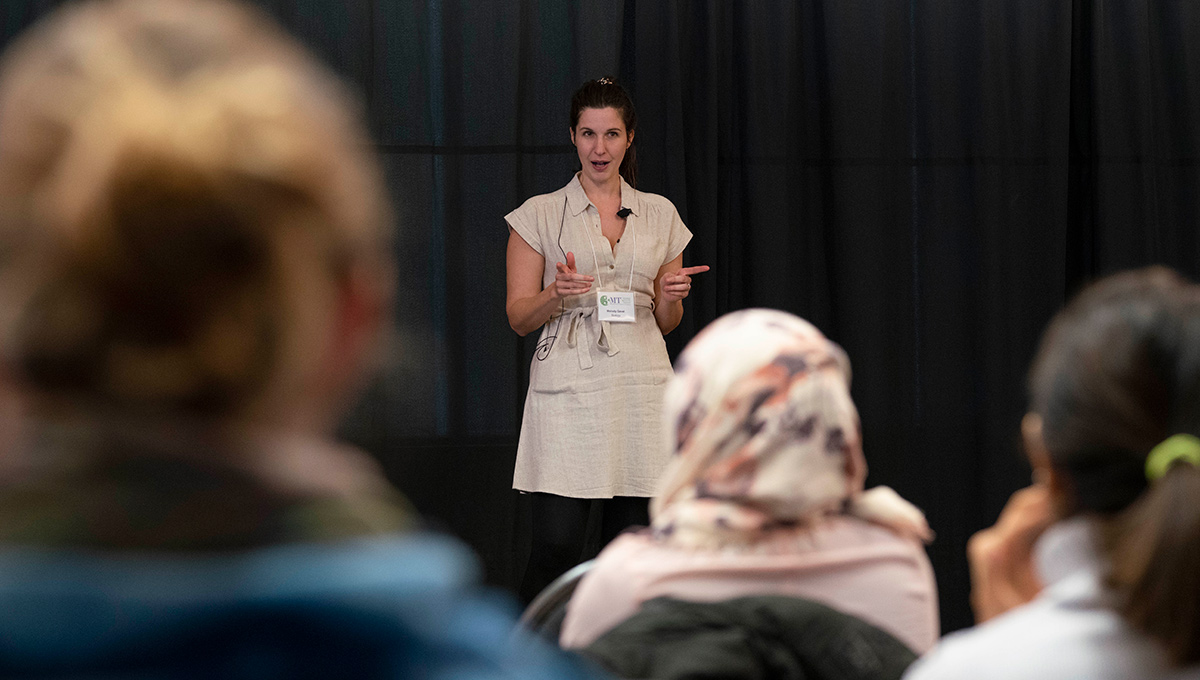
The 3MT, open to graduate Science students, is a celebration of graduate student research that challenges grad students to communicate the key concepts of their research in a compelling presentation of three minutes or less. A panel of judges evaluates each of the presentations.
Participation in the 3MT can be tremendously enriching, both academically and personally. Former participants report that competing in the 3MT helped to build confidence and enhance their academic, presentation, and communication skills. Participants have also enjoyed great research exposure within Carleton, to other departments, and even in media. 3MT participants have been featured in Carleton news stories, departmental websites, YouTube, CBC Radio, and the Ottawa Citizen.
Institute of Environmental and Interdisciplinary Science

The Interdisciplinary Science and Practice program (ISAP) is unique as it offers students the opportunity to explore and combine different disciplines and perspectives to tackle real-world issues. The degree program provides students with a broad-based science education combined with practical skills like science communication, knowledge translation and data analyses.
CTV Chair in Digital Science Journalism
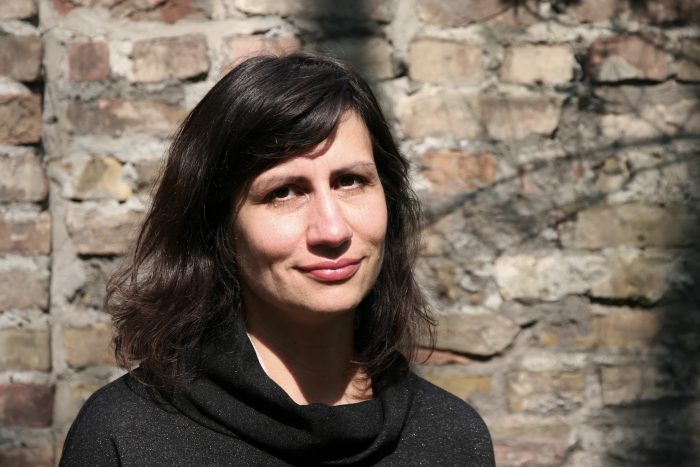
Carleton’s School of Journalism and Communication announced veteran science journalist Sarah Everts as its new CTV Chair in Digital Science Journalism in 2018. In partnership with the Faculty of Science, Everts plays a key role in Journalism’s new Concentration in Health Sciences option, helping to train new journalists in emerging science communication skills.
Community Engaged Science Initiatives
Carleton Front Door
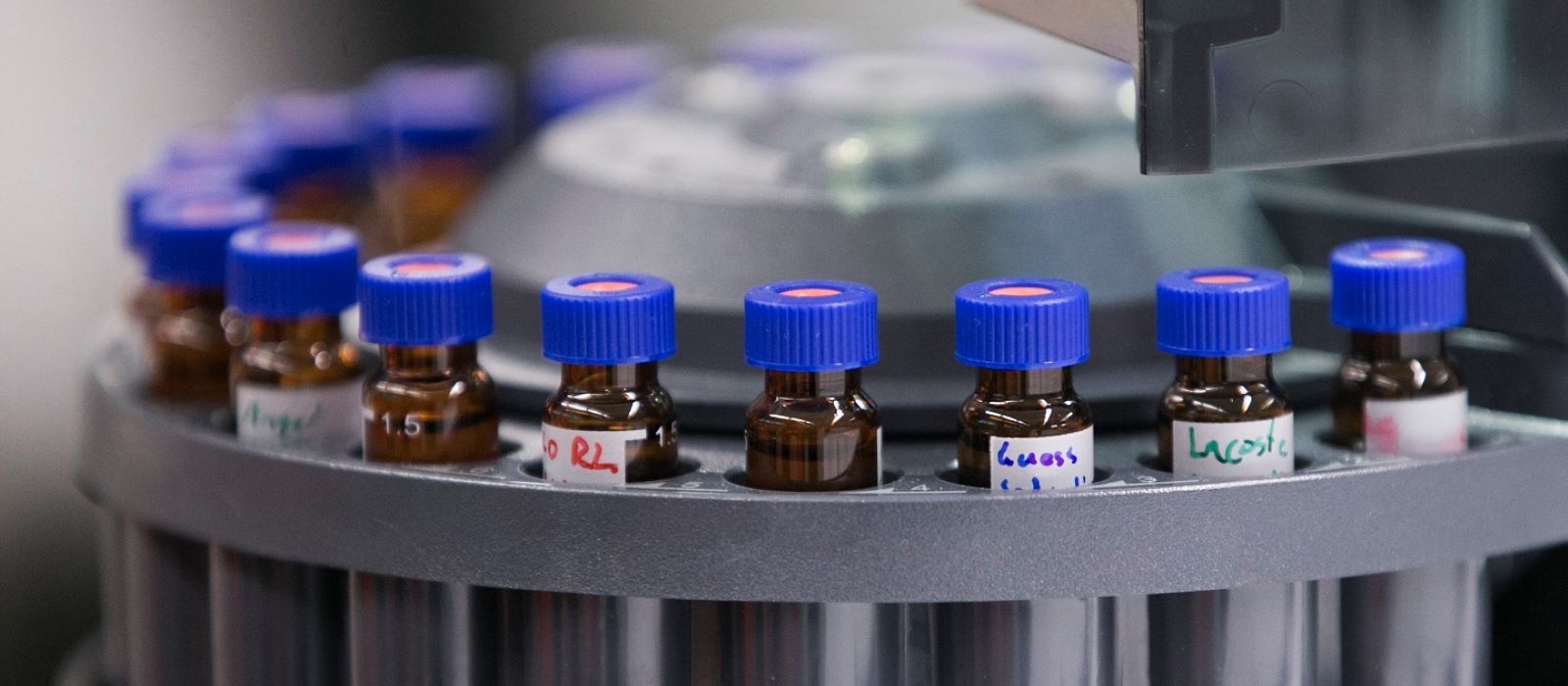
Carleton Front Door provides external partners with access to the research expertise and infrastructure at the University.
Carleton is home to some of the best research talent and state-of-the-art research equipment in the fields of science and engineering, and Carleton Front Door aims to promote collaborations between academia and industry to help augment industrial R&D objectives.
Explore our facilities and services and join the many companies partnering with us to innovate and build their businesses.
Hub for Good
The Hub for Good is a forthcoming Carleton initiative that aims to foster community-university partnership that can build new insights for those on the front lines of social change. Researchers in the Faculty of Science are poised to make a difference by joining research efforts designed to address critical societal challenges.
Carleton Committee on Community Engaged Pedagogy
Faculty members in departments across the Faculty of Science are involved in the Carleton Committee on Community Engaged Pedagogy, including workshop delivery during the Annual Carleton U Community Connections event.
More Science Communications Platforms
Kimberly FarmerKon KarampelasSam McGheeAbsolutVisionPeter StumpfKaitlyn BakerJohn O’Nolan
